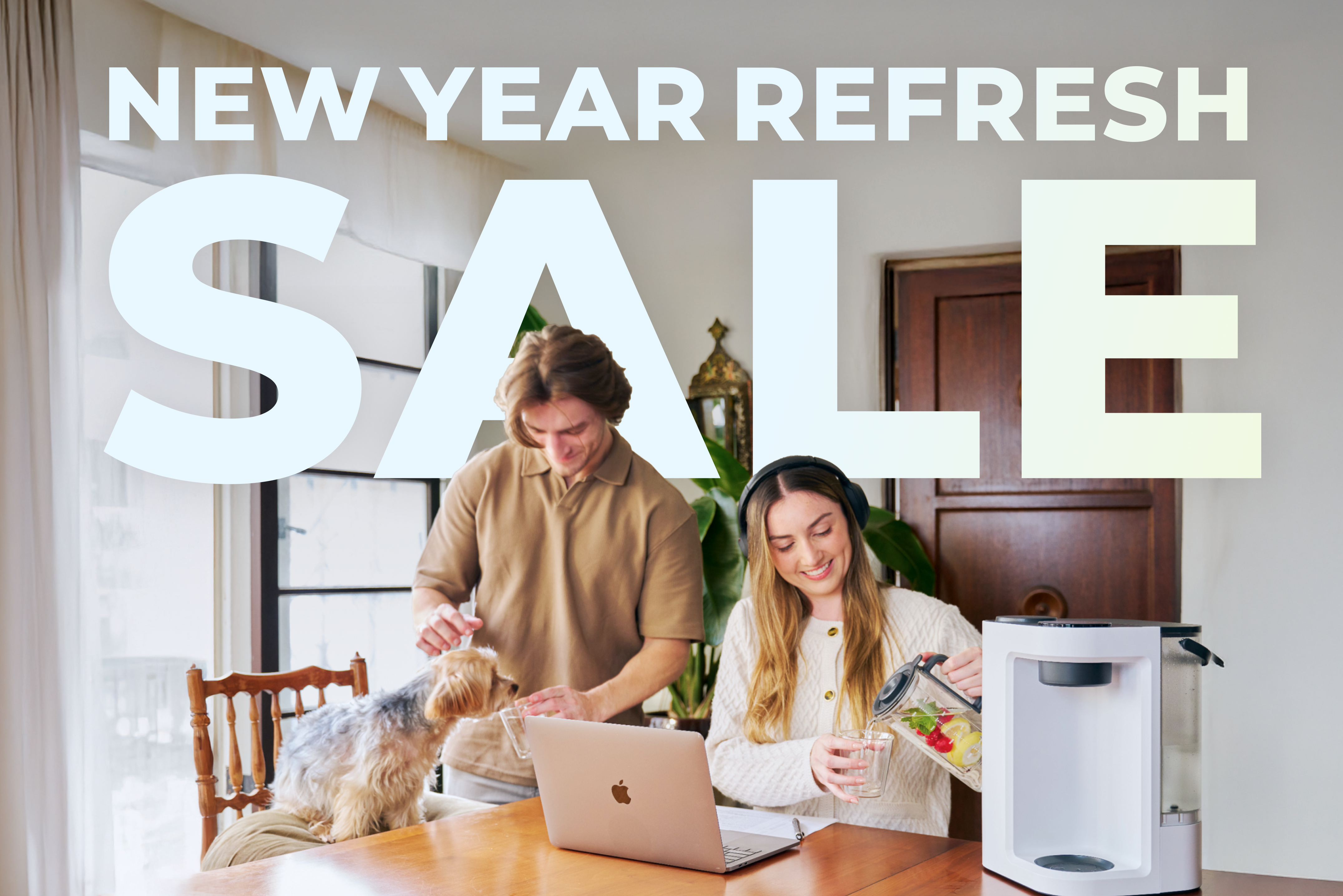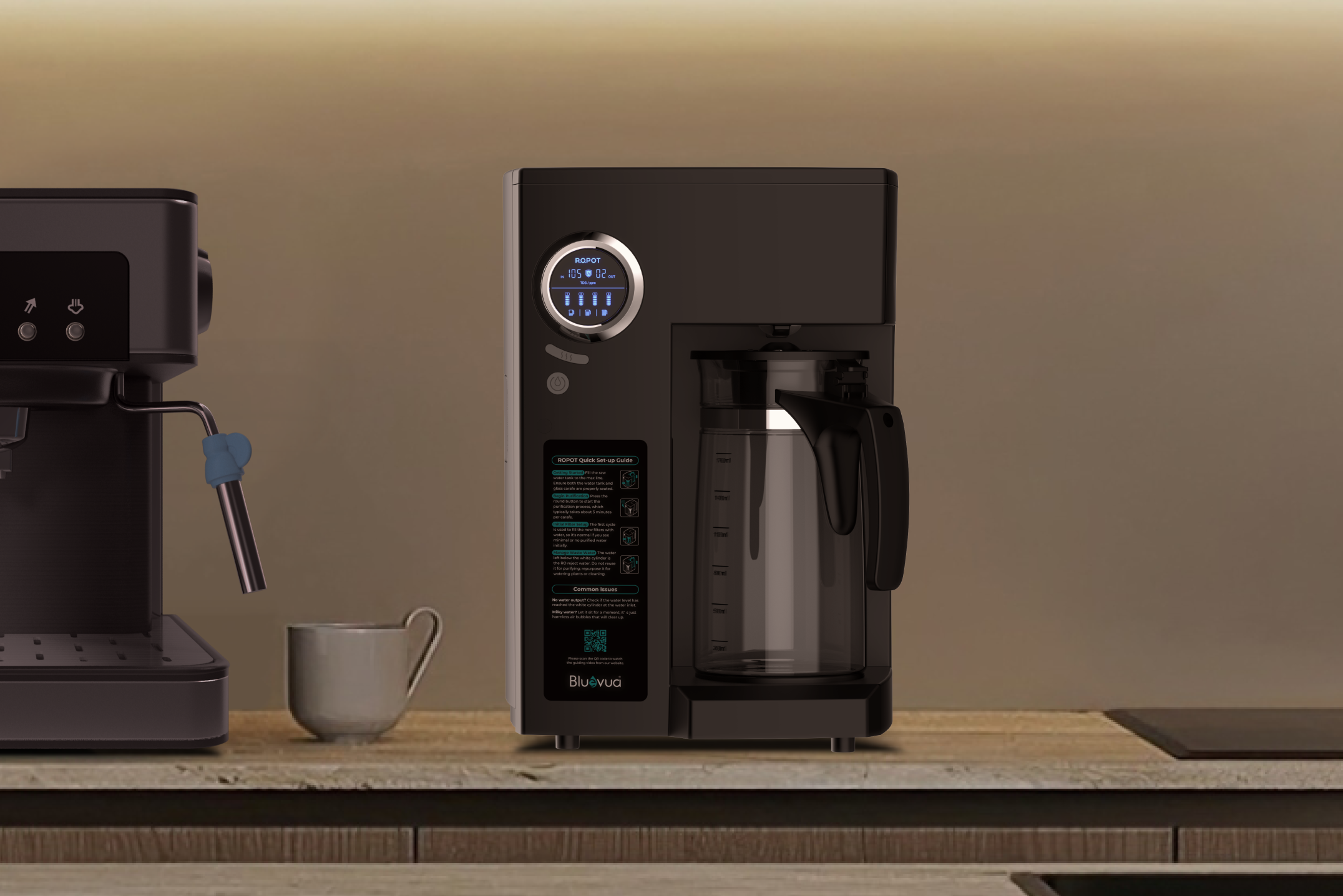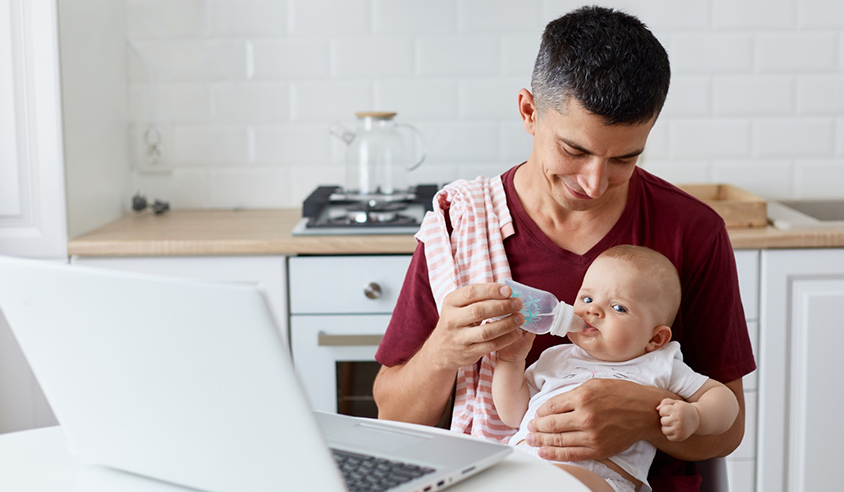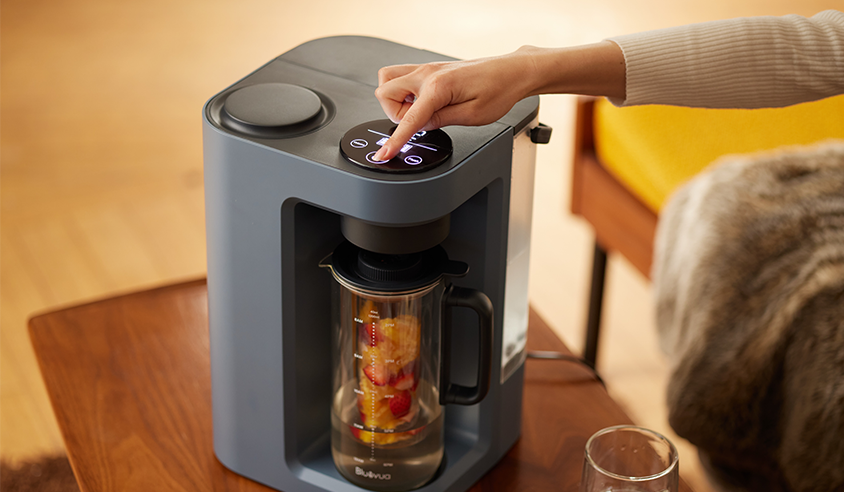As the parent of a newborn, you have a lot of things on your mind. Wondering if the water you're using for your baby's formula is safe shouldn't be one of them.
And yet, most tap water contains pollutants and chemicals that can cause long-lasting health damage. This is true even if your city's water passes as "legal" lt's also true for well water, which can contain harmful toxins and bacteria that aren't safe for adults to drink, let alone newborns.
As the Environmental Working Group (EWG) notes, the legal limit for pollutants in water can be hundreds of times higher than health standards set by doctors and scientists. (You can see what's invour water by finding your city in the EWG tap water database. The good news is that you have options to keep your family safe. In this post, we'll review the most common forms of water and filtration systems available so you can determine which is best for your house and new baby.

Different Water Sources Explained
The three most common water sources used by families are tap water, bottled water, and water filtration systems. Let's take a closer look at each one.
Tap or well water
As we discussed already, water that comes directly from your tap is likely loaded with chemicals and pollutants, whether you have city water or well water.
You can still mix your water with formula as long as you boil it first (to at least 158 degrees Fahrenheit).This will sanitize the water and kill off any nasty pollutants you don't want your baby to ingest. Unfortunately, this extra step can add stress when it's time to feed your baby, especially in the middle of the night.

Bottled water
You might see bottled water in the new born care section of your local big-box store and wonder what makes that water different from the bottled water sitting in the grocery section.
The main difference is that bottled water for infants usually doesn't contain fluoride. This is important because your baby is already getting fluoride from their baby formula.
Many parents rightly have fluoride concerns. Getting too much fluoride can lead to mild dental fluorosis, which can change their enamel and cause white lines to show up on their teeth.
If you use bottled water of any kind for your baby, make sure to boil it first to sterilize it. Also, be sure to recycle your bottles. All that waste can add up quickly!

Filtered water with reverse osmosis (RO)
A more cost-effective (and greener) alternative to bottled water is filtered water. Quick water filtration systems come in many forms, including pitchers, over-the-top filters, and refrigerator filters
Your best bet for water filtration is a reverse osmosis water system, like what we offer here at Bluevua. These svstems are highly efficient and capable of removing 99.9 percent of pollutants from your water supply thanks to their minuscule pore size that keeps most harmful toxins, pollutants, chemicals, and bacteria out.
Our reverse osmosis water systems are available in a few different formats. You can get tankless under the sink system, which allows you to get clean water straight from the tap in ten seconds or less. We also have a portable countertop system that enables you to heat water as it is being filtered. This system is great for late-night, blurry-eyed feedings. You can select the ideal temperature and let the system do the rest!
Enjoy Clean Reverse Osmosis Water from Bluevua

RO systems from Bluevua are perfect for families who want to ensure their babies have the healthiest water source at all stages of their lives. They're easy to use and deliver great-tasting water at your preferred temperature.
Learn more about our products or shop our collection to find the best one for your new bundle of joy.





Leave a Comment
All comments are moderated before being published.
This site is protected by hCaptcha and the hCaptcha Privacy Policy and Terms of Service apply.